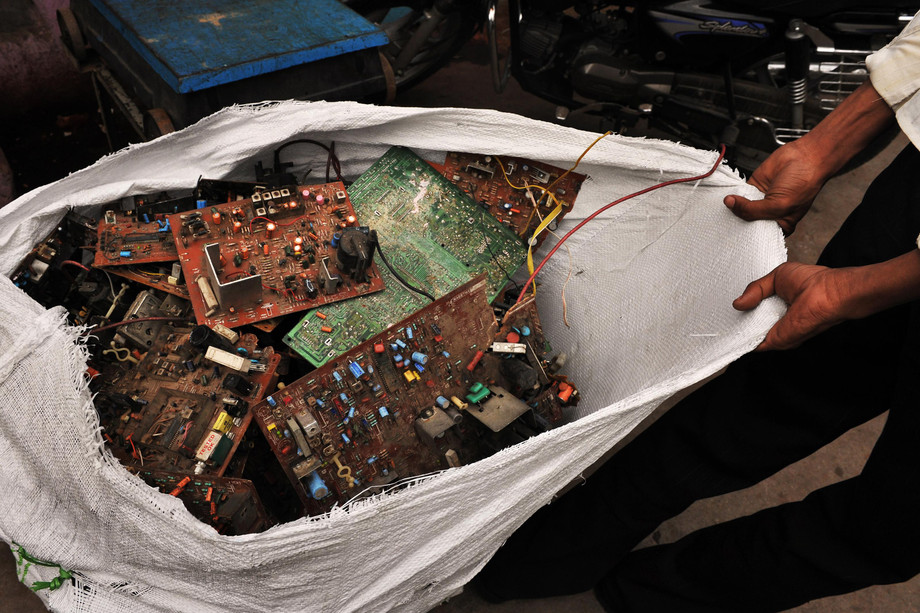12 Ways to reduce and control e-waste

- Buy durable electronics: Purchase products with a longer lifespan and higher durability to reduce the need for frequent replacements and disposals.
- Refurbish and repair: Rather than discarding your electronics, consider repairing or refurbishing them. This helps extend the life of your device and reduces the overall amount of e-waste.
- Donate or sell used electronics: If your electronics are still functional, consider donating or selling them instead of throwing them away. This helps to extend their life and prevents them from ending up in landfills.
- Recycle e-waste: Many electronic devices can be recycled, and there are often local recycling programs available. Proper disposal of e-waste helps reduce its environmental impact.
- Use eco-friendly products: Look for electronics that are made with eco-friendly materials or use products that have an eco-friendly certification.
- Purchase energy-efficient electronics: Energy-efficient electronics consume less power and can reduce the amount of e-waste over time.
- Reduce the use of disposable electronics: Avoid using disposable electronics, such as disposable batteries or single-use cameras, which contribute to e-waste.
- Limit upgrades: Instead of upgrading your electronics every year, consider using them for a longer time. This reduces the overall amount of e-waste generated.
- Use cloud-based storage: Cloud-based storage reduces the need for external storage devices, which can contribute to e-waste.
- Properly dispose of batteries: Batteries contain harmful chemicals that can leach into the environment. Make sure to dispose of them properly.
- Use e-waste management services: Many companies offer e-waste management services, which can help properly dispose of old electronics and reduce their environmental impact.
- Support e-waste regulations: Advocate for stricter e-waste regulations and support companies that prioritize sustainable practices.

